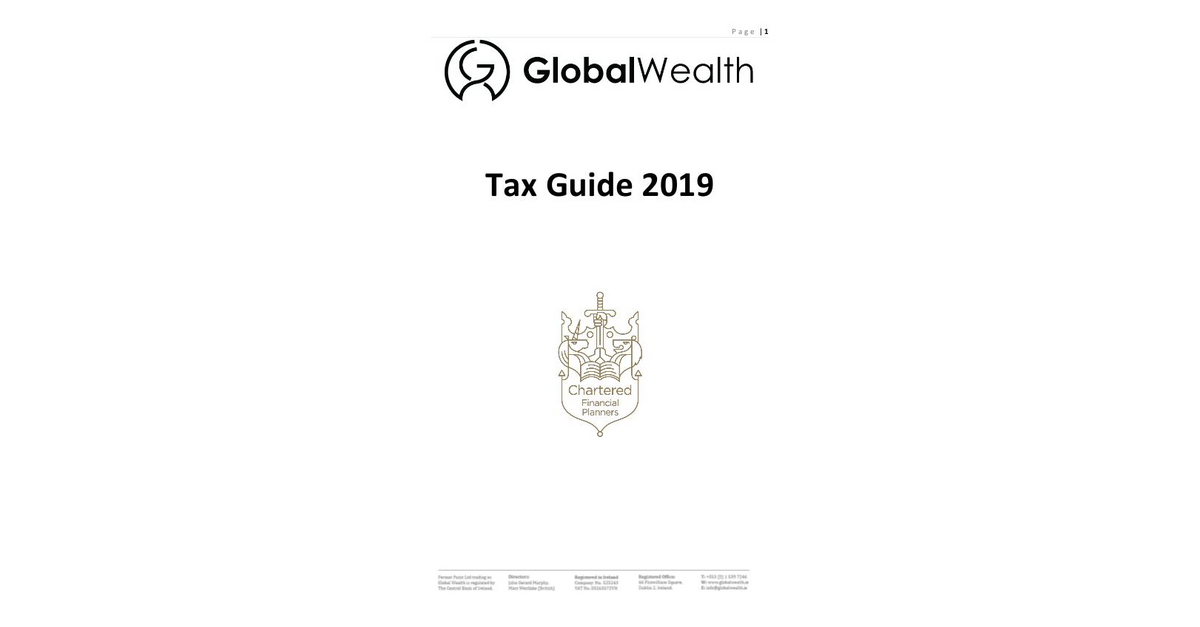Hi, first time posting but frequent reader of this and other Irish forums on investing.
I am looking for advice (professional/non-professional) on how to best invest a seven figure sum for the mid- to long-term for an Irish resident.
It will be an investment for children that can stay invested for 10-15+ years, so the approach would be to place the sum into a trust, and then invest it (to avoid any forced divestment on death, for example). The closer the investment is to passive and hands-off the better, and while I am able to educate myself to some degree, I want to essentially set and forget the investment for as long as possible as none of the beneficiaries will need to touch the investment in the short-term.
From the homework done to date, we have advanced talks with several of the Irish life assurance providers, and given how much is being invested, we have some very attractive options on the table in terms of total management fees for some of their standard funds. They are bringing this actively managed fund cost down to almost the same cost of a passive investment, but with all the comforts of a fully managed investment.
I am also aware to some degree of the impact of PRIIPS and withdrawal of access to ETFs affected by this a few years ago. I do like the idea of mutual funds and ETFs for the investment, such as a VTWAX or Vanguard World ETF.
However, I am finding it very difficult to accept the exposure to Irish exit tax and the deemed disposal tax, and I would like some help understanding the possibility and complexity of investing outside of Ireland to avoid the deemed disposal tax and to be subject to CGT instead. Considering a seven figure sum for investment:
1. Is it currently feasible to invest as an Irish resident and avoid deemed disposal tax and exit tax, and instead be subject to CGT/Income tax when gains are realized? Can anyone please give some examples of this?
2. Are there well established brokers/providers in Ireland that can be used to invest in a passive index fund or ETF such as a Vanguard VTWAX or Vanguard World ETF. Or is it possible and common to establish these investments directly with US brokers?
3. Are there any risks to consider with how Revenue will view this type of investing, or are the Revenue "OK" with these type of investments as long as a person is willing to put in the additional risk and effort of investing abroad?
Any insights would be great.
Thanks.
I am looking for advice (professional/non-professional) on how to best invest a seven figure sum for the mid- to long-term for an Irish resident.
It will be an investment for children that can stay invested for 10-15+ years, so the approach would be to place the sum into a trust, and then invest it (to avoid any forced divestment on death, for example). The closer the investment is to passive and hands-off the better, and while I am able to educate myself to some degree, I want to essentially set and forget the investment for as long as possible as none of the beneficiaries will need to touch the investment in the short-term.
From the homework done to date, we have advanced talks with several of the Irish life assurance providers, and given how much is being invested, we have some very attractive options on the table in terms of total management fees for some of their standard funds. They are bringing this actively managed fund cost down to almost the same cost of a passive investment, but with all the comforts of a fully managed investment.
I am also aware to some degree of the impact of PRIIPS and withdrawal of access to ETFs affected by this a few years ago. I do like the idea of mutual funds and ETFs for the investment, such as a VTWAX or Vanguard World ETF.
However, I am finding it very difficult to accept the exposure to Irish exit tax and the deemed disposal tax, and I would like some help understanding the possibility and complexity of investing outside of Ireland to avoid the deemed disposal tax and to be subject to CGT instead. Considering a seven figure sum for investment:
1. Is it currently feasible to invest as an Irish resident and avoid deemed disposal tax and exit tax, and instead be subject to CGT/Income tax when gains are realized? Can anyone please give some examples of this?
2. Are there well established brokers/providers in Ireland that can be used to invest in a passive index fund or ETF such as a Vanguard VTWAX or Vanguard World ETF. Or is it possible and common to establish these investments directly with US brokers?
3. Are there any risks to consider with how Revenue will view this type of investing, or are the Revenue "OK" with these type of investments as long as a person is willing to put in the additional risk and effort of investing abroad?
Any insights would be great.
Thanks.
